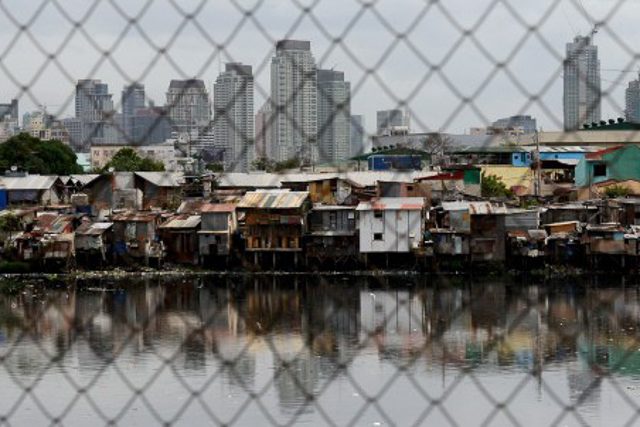SUMMARY
This is AI generated summarization, which may have errors. For context, always refer to the full article.

MANILA, Philippines – House appropriations committee chairperson Karlo Nograles said on Tuesday, January 24, the revenue that will be generated from the proposed increase in fuel excise tax will fund several social services of the government.
House Bill 4774, filed by Quirino Representative Dakila Cua, seeks to lower income tax and also grant income tax exemption to those with an annual income of P250,000 and below.
The expected revenue loss will be balanced out by the imposition of higher excise taxes on several products such as petroleum and automobiles. A P6/liter increase in fuel excise tax will be imposed in 3 tranches: P3 for the first year, P2 for the second year, and P1 for the last year.
The steeper excise tax on fuel products has been criticized as anti-poor because it would also have an impact on the prices of other goods. Nograles said, however, that the extra revenue generated from fuel excise tax will fund government programs. (READ: Poor to be shielded from fuel excise tax increase – DOF)
“Part of the revenue that will be collected will go to measures like the Conditional Cash Transfer program. There is also the Pantawid Pasada Program and the jeep modernization program that our government is eyeing as offsetting measures to [balance] the effects of increased excise tax,” Nograles said in a mix of English and Filipino.
Under the proposal, 40% of the additional revenue during the first year of implementation of the fuel excise tax will be used to subsidize programs for public utility vehicles.
The remaining 60% during the first year and the additional funding for the suceeding years of implementation will be allocated for investments in infrastructure, health, and social protection.
An inter-agency council composed of the Department of Social Welfare and Development, Department of Energy, Department of Budget and Management, and the National Economic and Development Authority will prepare social programs based on the National Household Targeting System for Poverty Reduction.
Through this, the measure aims to reduce poverty incidence from 21.6% to 14% by 2022.
Bayan Muna Representative Carlos Zarate and House Deputy Speaker Miro Quimbo earlier spoke out against the imposition of excise tax to neutralize revenue loss. Both lawmakers said the Bureau of Customs and the Bureau of Internal Revenue should instead improve their revenue collection. – Rappler.com
Add a comment
How does this make you feel?
There are no comments yet. Add your comment to start the conversation.